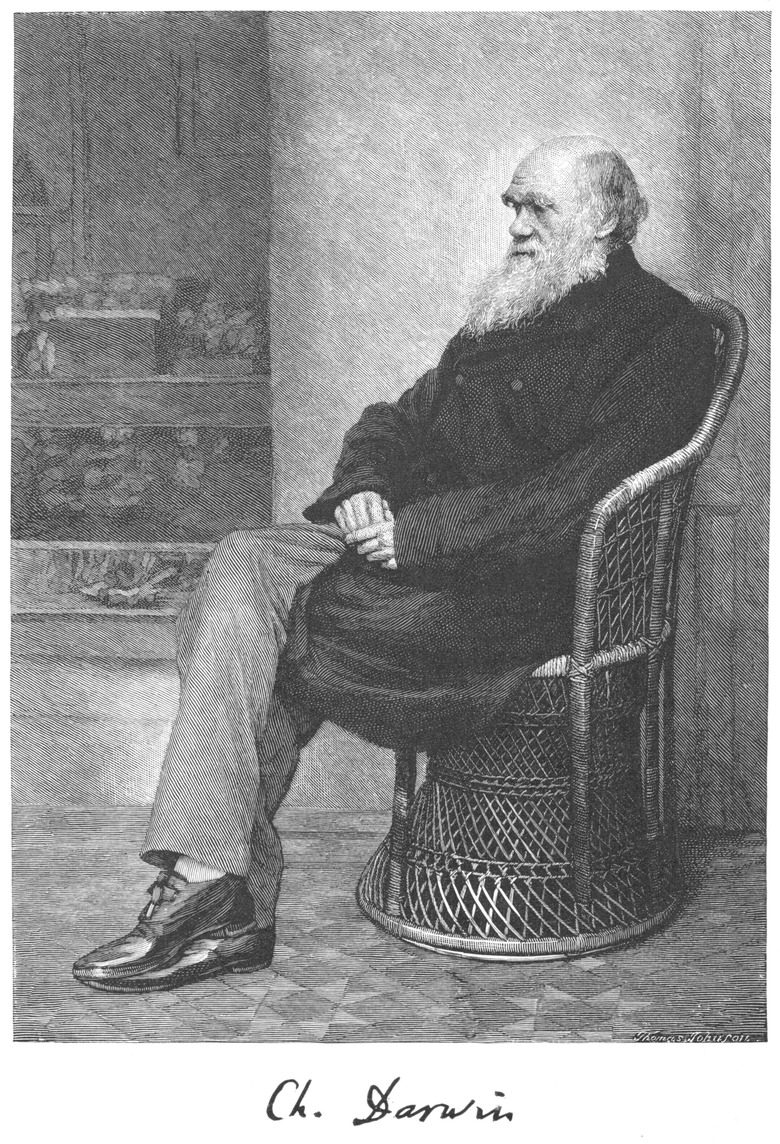Physical Address
Suite 5, 181 High Street,
Willoughby North NSW 2068
Physical Address
Suite 5, 181 High Street,
Willoughby North NSW 2068

If a clothing company overproduces a type of blouse, the extras might be put on sale. Overproduction in biology has more serious consequences. If organisms living in an area create more offspring than the environment can maintain, some of them will die. Charles Darwin noticed this and, as part of the process of natural selection, overproduction examples were incorporated into his theory of evolution.
Natural selection has been described as “survival of the fittest.” In this context, “fit” does not necessarily mean largest, toughest or smartest. It refers to the organism that is best suited to surviving and reproducing in a given environment. For example, it could have a variation in a particular body part that makes it better at acquiring food. However, “survival of the fittest” does not always imply competition. For some species, survival and reproduction are best obtained through cooperation.
Natural selection occurs in specific populations of organisms because of several factors. It begins with overproduction. Overproduction by definition, in biology, means that each generation has more offspring than can be supported by the environment. Because of this, competition takes place for limited resources. Individuals have traits that are passed down to offspring. Some of these traits give individuals an advantage when it comes to surviving to reproduce. The organisms with these traits are more likely to live and have offspring who will inherit the helpful traits.
While exploring ideas about inheritance, Charles Darwin studied finches in the Galapagos Islands off the northwest coast of South America. The 13 types that live there are very similar, except for beak variations. Darwin believed that these differences were due to natural selection. He was not the only researcher to observe this. In 1977, a drought on the islands reduced the amount of food available. Finches overproduced and competed for the limited number of seeds. Birds with the biggest, strongest beaks could eat any kind of available seed, even those that were large and tough. These birds survived to reproduce. Smaller-beaked birds had fewer food options, so many of them died without passing on their genes.
It is important to remember that, in the natural selection process, it is not enough just for an individual to survive. It must reproduce to further the species and pass on its characteristics. Therefore, a trait that increases the likelihood of reproduction is essential for natural selection. This is seen in peacocks. If a population of peafowl has overproduced, not all the males will be able to breed. Peahens are more likely to choose a mate with a bright, colorful tail. Scientists speculate that rich, vivid tails could indicate superior genes. In competition for peahens, vibrant peacocks are the genetic winners, because more of them are chosen to reproduce. Their favorable coloring is then passed on to offspring.